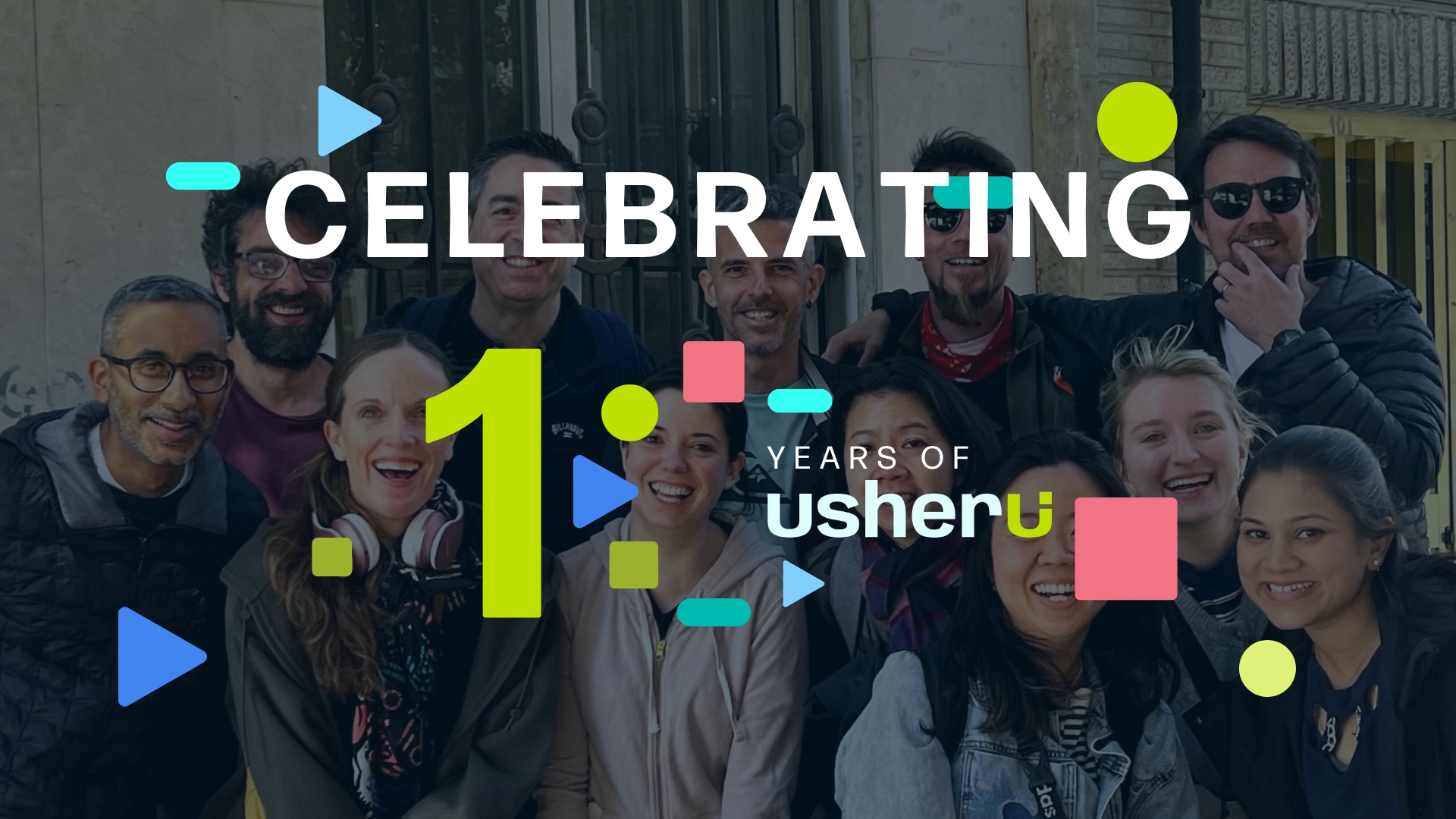Venue marketing is crucial to the success of any arena. In the demanding – but exhilarating – world of live entertainment and sports, grabbing the attention your venue and events deserve is an ongoing battle. Venue marketers must be innovation discoverers, inspirational team leaders, effective communicators AND revenue generators – all at the same time.
With new expanding modes of communication, soaring costs of digital advertising and the explosion of content making standing out from the crowd a greater challenge than ever, marketers must focus their time, money and resources on strategies that really work.

The only way to focus on what is working is by knowing what is working. Measuring ROI in venue marketing must be dynamic and agile. Decision makers must be informed in accessible, digestible ways to enable quick decision making. But how can all of this be achieved in a realistic way? Here, we break down the key steps.
1. Audience
In today’s digital economy, data is king. For venues, building a robust first-party data repository is invaluable. This data on their fans and attendees not only helps in understanding and segmenting audiences more effectively, but also significantly reduces marketing costs over time.
By leveraging first party data, venues can tailor their marketing efforts to promote premium hospitality services, sponsorship packages and special events directly to those most likely to be interested- ensuring a higher conversion rate and better customer experience. (Read more about utilizing First Party Data effectively here).
Measuring first party data growth over time, and linking it to sales through careful data-tracking can offer an insight into actual value of each contact and the overall value of your First-Party Database.
2. Automation
Time is a finite resource, and marketing budgets are often tight. Automation can play a crucial role in maximizing both. Integrating your essential systems so that they work together can streamline your operations, reduce manual effort and ensure a consistent communication flow with existing and potential customers. Additionally, employing lead generation forms tailored to specific events or services can significantly drive sales, making the process more efficient and effective.
Consider how to integrate your Ticket Management (TM), Email Marketing, Customer Relationship Management (CRM) systems, Parking system, and Food & Beverage checkouts within your website to maximise efficiency.

usheru Connect for Arenas is built on solid foundations of automation and integration with necessary tools. (Learn more about how automation drives the platform.)
By understanding and measuring time saved through automation, marketing teams can show a direct link to budget saved and see the true value in adding automation tools.
3. Analytics
When marketing your arena and events, measuring success is crucial. What gets measured gets managed. Utilizing analytics to gain a comprehensive overview of how your organic and paid promotions lead to actual ticketing conversions gives an insight into the true success and performance of marketing campaigns.
This not only aids in securing sponsorships by providing detailed reports to sponsors and advertisers but also enables the calculation of marketing campaign ROI and the value generated from each event. Real-time analytics offer insights into which marketing campaigns, channels, and sources are performing best, allowing marketers to cut wasteful spending and reallocate resources to high-performing strategies. Tools like usheru Track’s dashboard facilitate easy monitoring of revenue gains, conversions by campaign, and overall revenue generation, making it simpler for decision-makers to be informed and agile in their strategy adjustments.
The Importance of Measuring ROI in Venue Marketing
With these 3 focus points for measuring ROI in venue marketing, any arena marketing team can improve their marketing budget reporting. Showcasing the true value and success of your work enables your team to leverage results for maximising budget, reallocating time and resources and celebrating wins.
To continue learning about maximizing ROI for arenas, check out some top tips from our past webinars featuring industry leaders from arenas, stadiums, technologists and sports teams.





